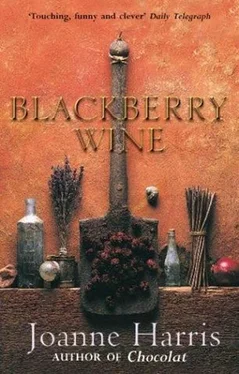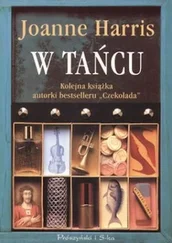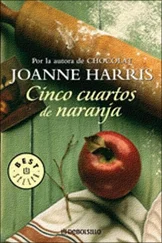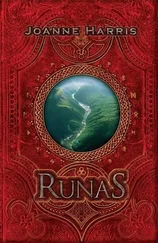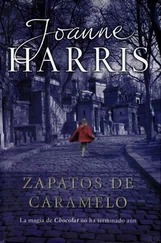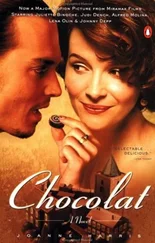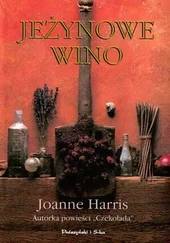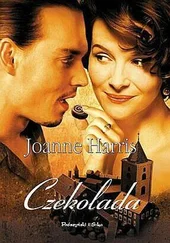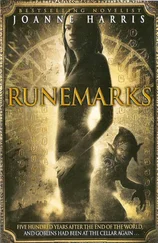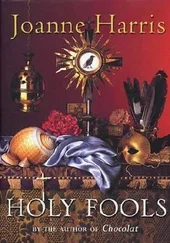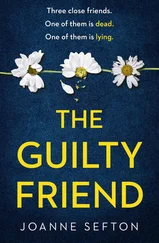‘Wait for me in the car, OK?’
Kerry frowned. ‘But Jay-’
‘Two minutes, OK?’
Just in time. He felt as if he might explode if he held it in any more. He ran to the back of the garden and looked over the wall down into the cutting. It was filled with rubbish. Sacks of household waste covered the ground: discarded fridges, car tyres, crates, pallets, tin cans, stacks of magazines tied together with twine. Jay felt a kind of laughter welling in his throat. Joe would have loved this. His dream come true. Rubbish sprawled down the steep hill, as if flung there by passers-by. A baby’s pram. A shopping trolley. The frame of an ancient bicycle. Pog Hill cutting had been converted into a landfill site. With an effort, Jay pulled himself up so that he could straddle the wall. The hidden railbed looked a long way down from here, a sheer drop for most of the way into a scrub of bushes and a continent of litter. On the far side of the wall graffiti artists had been at work. A scree of broken glass sparkled in the sun. One unbroken bottle lay against a protruding stump, the light gleaming on its dusty base. A red cord, grubby with age, was knotted around its neck. He knew at once it was Joe’s.
How it had escaped the demolition of Joe’s house Jay couldn’t imagine, still less how it could have remained intact since then. But it was one of Joe’s bottles, all right. The coloured cord proved it, as did the label, still legible in the old man’s painstaking handwriting: ‘Specials’. As he made his way down towards the bridge he thought he saw more of Joe’s belongings strewn down the banking. A broken clock. A spade. Some buckets and pots in which plants had once grown. It looked exactly as if someone had stood at the top of the hill and simply hurled the contents of Joe’s house into the cutting below. Jay picked his way across the sad wreckage, trying to avoid broken glass. There were ancient copies of National Geographic and pieces, of a kitchen chair. And finally, a little further down, he found the seed chest, its legs broken off, one door hanging. Sudden, white rage pumped through him. It was a complex feeling, directed as much at himself and his foolish expectations as at Joe for letting this happen, or at the person who had stood at the top of the hill and dumped an old man’s life into the gap, as if it were just rubbish to be disposed of. Worse, there was fear, the dreadful knowledge that he should have come here sooner, that there had been something here for him to find, but that, as always, he had come too late.
He searched until Kerry came to find him, almost an hour later. He was filthy, muddied to the knees. In a cardboard box he carried six bottles, discovered in various places on the way down and miraculously unbroken.
Specials .
Lansquenet, Summer 1999
THAT WAS IT. JAY KNEW AT ONCE HE WAS GONE. THERE WAS A finality in that goodbye which could not be ignored. As if, with the last drop of his wine, the old man had vanished completely. For several days he denied the certainty, telling himself Joe would come back, that he hadn’t left for good, that he wouldn’t have gone away a second time. But the heart had gone. The house no longer smelt of his smoke. The oldies station had stopped broadcasting, to be replaced by a local radio on the same frequency, blasting out modern hits. And there were no more glimpses of Joe just around the corner of a cold frame, or behind the shed, or in the orchard inspecting the trees. No-one sat and watched him work at his typewriter, unless it was Rosa, who sometimes crept downstairs and watched him from his bed. Wine was just wine, with no special effects. This time he felt no anger. Instead, there was a sense of inevitability. Once again, the magic had run out.
A week passed. The rain began to taper off, leaving more damage in its wake. Jay and Rosa stayed mostly indoors. Rosa was easy to please. She occupied herself. She stayed reading in her newly furnished room under the eaves or played Scrabble on the floor or went for splashy walks around the field with Clopette. Sometimes she listened to the radio or played with dough in the kitchen. Sometimes she baked small, hard, floury biscuits. Every evening Marise joined them and made dinner, staying just long enough to eat and check on Rosa before returning to work. The generator had been restored. The drainage ditches were taking time, but would be complete in a few more days. She had enlisted Roux and some other workers from Clairmont’s yard to help her. Even so the vineyard remained half flooded.
Jay had few visitors. Popotte called by twice with the mail and once with a cake from Joséphine, but Rosa was round the back of the house and went unnoticed. Once Clairmont came by with another load of bric-à-brac, but did not stay. Now that the worst of the weather was past, most of the others had work of their own to do.
Rosa’s presence filled the house. After Joe’s departure this was more than welcome, for the house seemed oddly bereft, as if something familiar had been taken away. For a child of her age she was very silent, however, and sometimes Jay could almost believe that she belonged more to Joe’s world than to his. She missed her mother. Except on one occasion, they had never been apart. She greeted Marise every evening with a fierce, wordless hug. Their meals together were cheerful and animated, but there was a reserve in Marise which Jay had not yet managed to penetrate. She rarely talked about herself. She did not mention Tony, or offer to finish the story she began on the day of the flood. Jay did not try to press her. It could wait.
A few days later Popotte brought a package from Nick, containing the contracts from Jay’s new publisher and a number of newspaper clippings, dated from July to September. A brief note from Nick read, ‘I thought you might be interested in this.’
Jay pulled out the clippings.
They all related to him in some way. He read them. Three small news items from British papers speculating about his disappearance. A piece from Publishers Weekly outlining his return to the writing scene. A retrospective from The Sunday Times entitled WHATEVER HAPPENED TO JACKAPPLE JOE? with pictures of Kirby Monckton. Jay turned the page. There, staring out at him with an impudent smile, was a photograph of Joe.
WAS THIS THE ORIGINAL JACKAPPLE MAN? queried the headline.
He stared at the picture. In it, Joe was fifty, maybe fifty-five. Bareheaded, a cigarette at the corner of his mouth, his small half-moon glasses perched on the end of his nose. In his hands he was holding a large pot of chrysanthemums adorned with a rosette. The caption read, ‘Local eccentric’.
‘Mackintosh, with his usual reticence, has never chosen to reveal the identity of the original Joe,’ continued the article, ‘though sources suggest that this man may have been the inspiration for the nation’s favourite gardener. Joseph Cox, born in Sheffield in 1912, worked first as head gardener at a stately home, then for thirty years at Nether Edge Coalworks in Kirby Monckton before ill-health forced him to retire. A well-known local eccentric, Mr Cox lived for many years in Pog Hill Lane, but was not available for interview at his residence, now the Meadowbank Retirement Home. Miss Julie Moynihan, a day nurse at the home, described him to our reporter. “He’s really a lovely old gentleman, with such a wonderful store of anecdotes. I’m thrilled to think he might have been the original Joe.” ’
Jay barely looked at the rest of the article. Conflicting emotions raked through him. Amazement that he should have come so close to him and not known, not sensed his presence somehow. Most of all, an overwhelming sense of relief, of joy. The past could be redeemed after all. Joe was still living at Pog Hill. Everything could be remade.
Читать дальше
